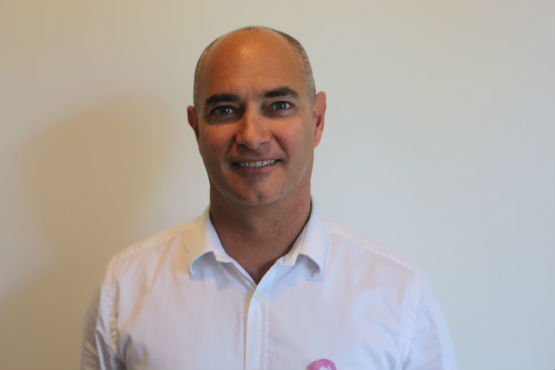The problem
At our practice, patients at the end of their life or with chronic long term conditions were being admitted inappropriately to secondary care, often against their wishes. For example, after long discussions, one patient decided he wanted no further secondary care intervention and wanted to die in his nursing home. But after becoming unresponsive a few days later, family members insisted he should go to a hospital where he later died. A defined care plan, with his wishes clearly stated, would have stopped this happening.
What we did
We knew of Co-ordinate My Care (CMC), a clinical service that shares urgent care plans digitally with all urgent care services. CMC offers a secure web-based information sharing platform linked to the patient demographic service and electronic patient records. Patients consent to giving access to their urgent care plans to all clinical services who might become involved with their care. CMC started for end of life care patients but now is available to all vulnerable patients who might need care during the out of hours period.
A CMC flag alerts NHS 111, the out of hours GPs and the London Ambulance Service that a patient has a CMC plan which they can access and see the patients’ wishes and preferences, together with an urgent care plan.
CMC is used throughout London. At Kingston CCG, we produced a Locally Commissioned Service (LCS) specification to fund practices to have the time to create these CMC urgent care plans (as it takes clinical time to get patient consent and have the necessary discussions regarding care). Kingston CCG is sent the data they require on a monthly basis in order that the CCG can pay the practices appropriately – we make a payment for a CMC urgent care plan that is created with an escalation treatment plan and according to the outcomes of our dying patients (for example, whether the patient was cared for in the place of their choice). The payment from Kingston CCG is £50 per patient, made up of different sections according to the plan created and the outcomes of the patient.
The amount of time it takes to complete one urgent care plan can vary depending on the level of detailed information the clinician wants to input but for an average patient it should take no more 20 minutes. However, urgent care planning is an iterative process so may be done by adding a bit more information on each visit that the patient makes to the surgery.
Challenges
One of the challenges has been overcoming the need for double data entry – needing to enter the same data on the patient notes and the CMC system. But now CMC has an ‘in context link’ so one can access CMC through EMIS. By 2017 the data should flow bi-directionally and be truly interoperable.
The second challenge is about trust. Each clinician in a GP practice, a hospital a hospice or in the community can add to the virtual CMC urgent care plan. The key challenge is trusting colleagues.
It has been hard engaging wtih hospitals both locally and pan-London as it’s required a cultural shift in the way we work, infrastructure changes in terms of IT and workload and real CMC champions at the grassroots to drive home the importance of urgent care planning. But slowly we can see the value of this multidisciplinary approach working.
Classically in hospitals CMC was very much the work of the palliative care/end of life teams only, now we are talking to teams dealing with patients with long term conditions such respiratory disease as they are seeing any patients who might have an urgent care episode as benefiting from a CMC care plan.
The work goes on though, particularly in getting the uptake in hospices boosted but we have come a long way from where we were.
Results
There is patient satisfaction and better communication across different providers. Training and visibility of good patient outcomes has been the key to successfully getting other practices to follow suit.
In Kingston, 25 practices take part and 641 CMC plans have been created. Since CMC started in 2010, 29,083 CMC urgent care plans have been created across London, as other CCGs as well as ours offer the service. Of the 9,934 people who have died and had a place of death recorded, 78% of patients died in their preferred place. Only 18% of patients with a CMC urgent care plan have died in hospital compared to the national average of 47%. 35% of people died at home which was the most preferred place of death followed by 24% in care homes, the next most desirable place of death.
Urgent care, out of hours and emergency service providers viewed 468 CMC urgent care plans during May 2016 to gain information about how those patients wished to be care for and what plans had been made for these patients. Both NHS 111 and the London Ambulance Service have reported to CMC that one of the most valuable pieces of information in the plans are the contact details. Knowing who to contact in an emergency often helps to avoid unnecessary admissions to hospital. These plans are now being accessed 24/7.
The future
Currently the CMC team is in the process of building a patient facing portal where the patient can go online and start creating their own urgent care plans. They will then go to their doctor or nurse who will confirm they are who they say they to ensure that no urgent care plan can be created without the patients’ consent, and to add the clinical details to the plan.
Dr Naz Jivani is a GP and CCG lead in Kingston
Pulse October survey
Take our July 2025 survey to potentially win £1.000 worth of tokens














